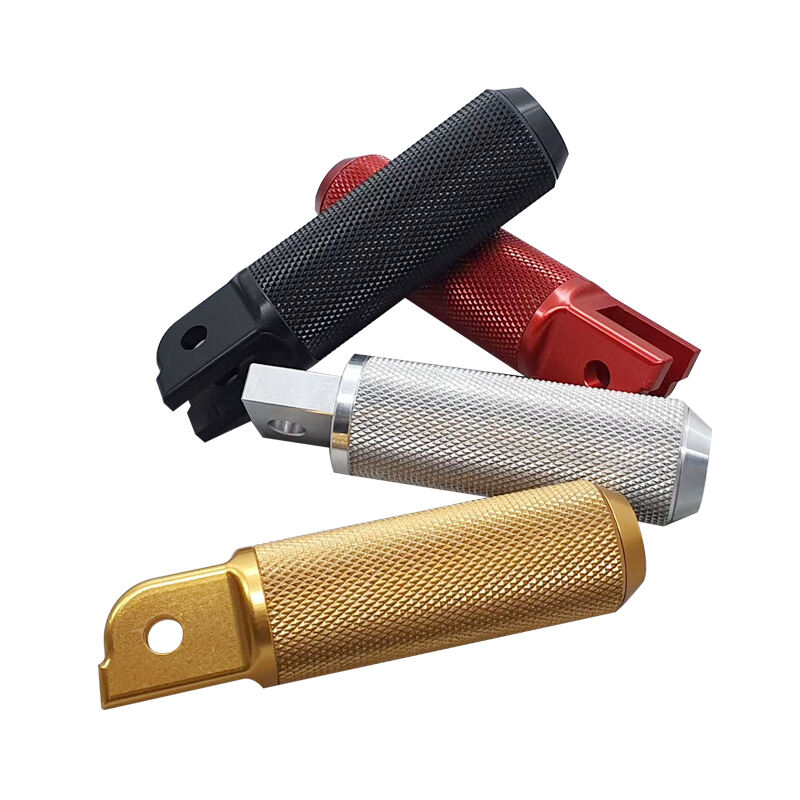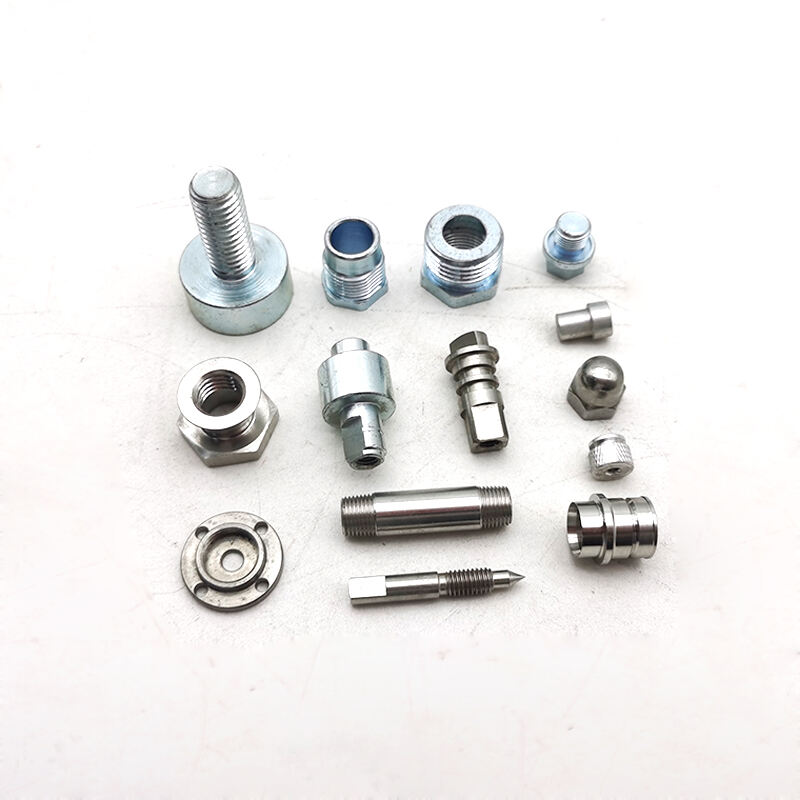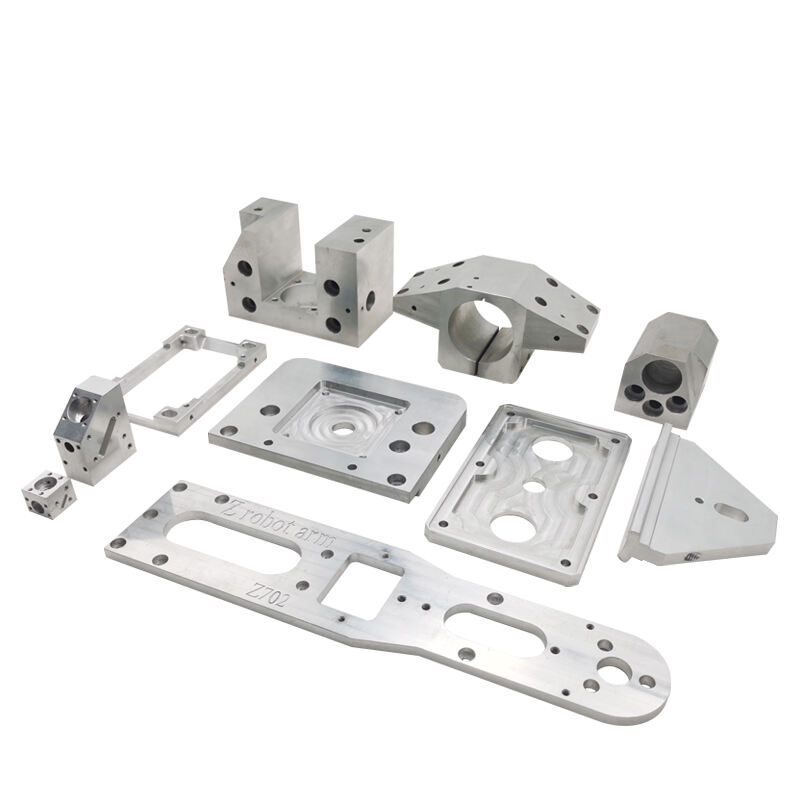cnc precision parts
CNC precision parts represent the pinnacle of modern manufacturing technology, offering unparalleled accuracy and consistency in component production. These parts are manufactured through Computer Numerical Control (CNC) machining, a sophisticated process that transforms raw materials into highly precise components through automated cutting, milling, and turning operations. The technology enables the production of complex geometries with tolerances as tight as ±0.0001 inches, ensuring exceptional dimensional accuracy and surface finish quality. CNC precision parts are extensively utilized across various industries, including aerospace, automotive, medical devices, and electronics manufacturing. The manufacturing process integrates advanced CAD/CAM software with high-precision machinery, allowing for the creation of intricate designs that would be impossible to achieve through conventional manufacturing methods. These parts can be produced from a wide range of materials, including metals, plastics, and composites, making them versatile solutions for diverse applications. The automated nature of CNC machining ensures consistent quality across production runs, while also enabling rapid prototyping and efficient small-batch manufacturing.


